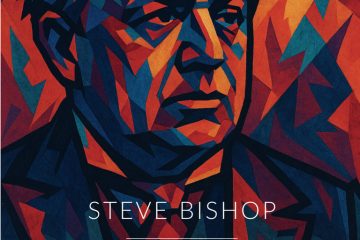Story
Picture it. Your name is Vladimir and you are working in a Soviet chemical factory in the 1930’s. Suddenly the workers stop working and they start to sing a hymn. Not to God but to ‘electricity’. They sing as follows:
Electricity can do anything. It can dispel darkness
and gloom. One push of a button and clickety-click
out comes a new man.
Obviously they would be singing this worship song in Russian but we need to notice the worship of ‘created things’ in this work place. Some worship rats, others worship football and some worship electricity.
Background Notes
The famous Russian revolutionary Trotsky (1879-1940) wrote that “Such is the power of science, that the average human-being will become an Aristotle, a Goethe, a Marx. And beyond this new peaks will rise.” Trotsky believed in the power of science and technology to create a perfect world.
In his book Infinite Progress: How the Internet and Technology Will End Ignorance, Disease, Poverty, Hunger, and War author Byron Reese argues that the Internet, human ingenuity, and technological innovation will help humans to end the five tragedies of human existence: ignorance, disease, poverty, hunger and war. With his passionate and pious faith in technological progress, Reese views the future not as a dystopia but as a utopia. Christians should be aware that technology can be positive and helpful but increasing use of gadgets and phone addiction can create loneliness, selfishness and high levels of ennui.
Four Ways of Looking at the Story
Materialist faith: “We believe that Byron Reese is right to trust in infinite progress. As godless people we trust in human ingenuity and not in God.”
Relativist faith: “We believe that there are no right or wrong answers here. Reese’s faith in progress is true for him but it doesn’t work for everyone.”
Buddhist faith: “We believe that humans should not trust in technology. Go into a forest and meditate. Progress is an illusion because the world is an illusion.”
Christian faith: “We believe that technology is a gift from God. We love responsible technology but we do not trust in technology. This is idolatry.”
Questions
1) How does Reese’s faith in progress inspire millions today?
2) Why is Byron Reese so committed to Infinite Progress?
3) What are the dark sides of faith in Progress?
- The Story of Fred Lemon who met Jesus and Two Angels in Prison - November 26, 2025
- The Inspiring Story of Abraham Kuyper (1837-1920) - October 22, 2025
- Fifteen False Prophets and Testing the Spirits - September 29, 2025


